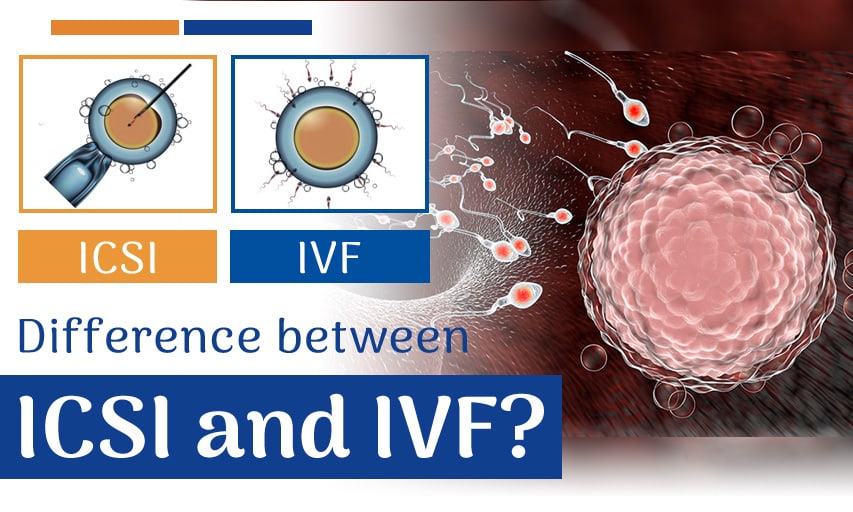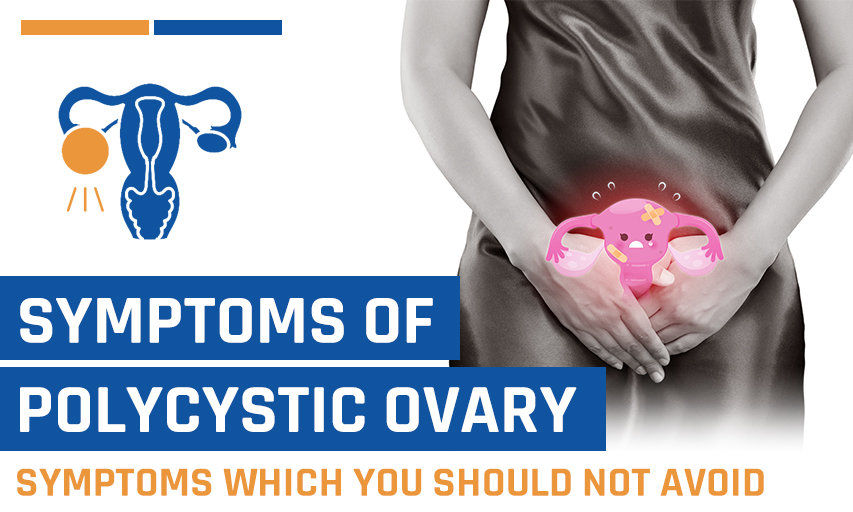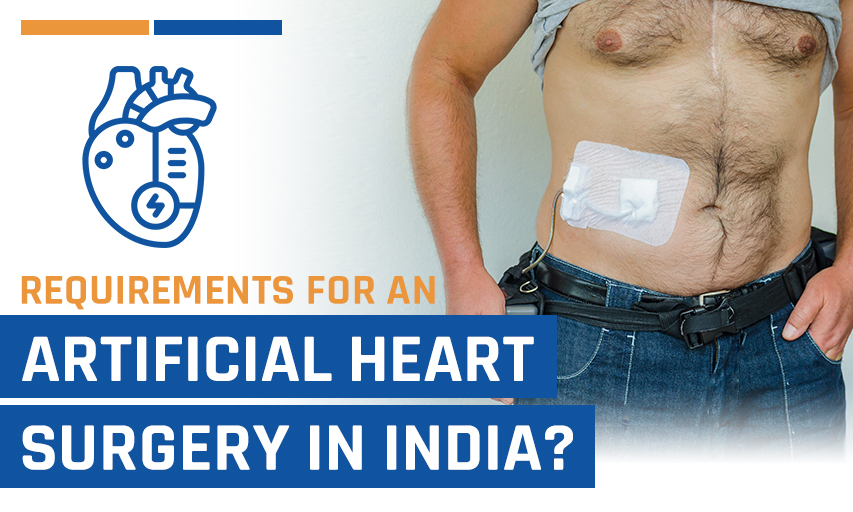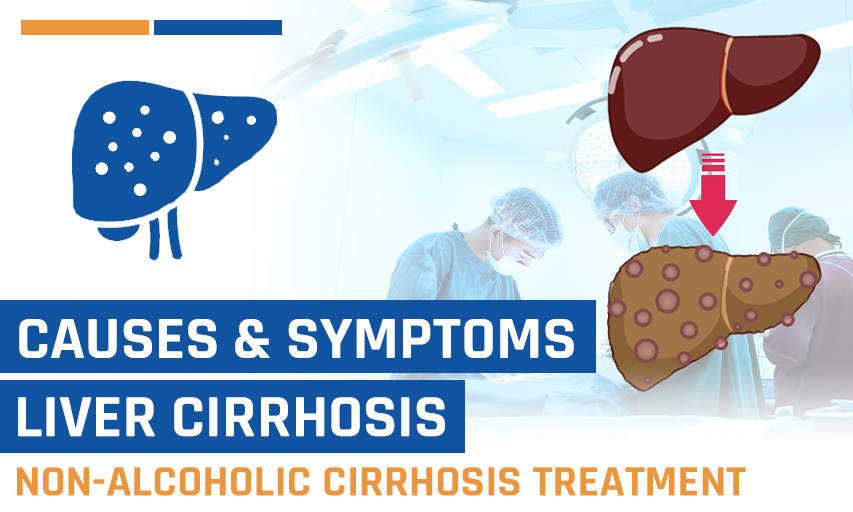What is the difference between ICSI and IVF?
To learn the difference between ICSI and IVF, you must know what these treatments are, when used, and how they work. It is a type of IVF recommended for couples with severe male infertility. Regarding male infertility, intracytoplasmic sperm injection is one of the most common and effective therapies. This treatment is used when a team has failed many IVF rounds, has significant male infertility, and has poor sperm.
Some sperm must be harvested surgically, and ICSI is a method for them. Even if the male partner has a poor sperm count, this technique will assist in conceiving a child. With the help of this method, live sperm is directly inserted into the human egg. Female partners are prescribed fertility medicine to improve ovarian stimulation and the maturation of multiple eggs. The eggs are aspirated through the vagina using vaginal ultrasonography.
What is IVF Treatment?
In Vitro Fertilisation (IVF) is a well-established fertility procedure that allows couples unable to conceive naturally to have a child. During IVF, a woman's eggs are harvested and mixed with partner or donor sperm in our cutting-edge laboratory overnight.
After your eggs have fertilized and developed into embryos, they are monitored in our modern incubator for five days to ensure they continue to build. A team of highly qualified embryologists will then use time-lapse monitoring to pick the ideal embryo to be placed into your uterus and develop into a pregnancy.
If you have more than one healthy embryo, you can freeze the others for future use. IVF is frequently advised when -
- You are unable to conceive regularly after several attempts.
- The ovaries have cysts.
- The fallopian tubes have been injured or obstructed.
- Your ovulation cycles are irregular.
- You have Endometriosis.
- Unexplained infertility
- Ovulation problems in older women
- The ovarian reserve is low.
What is ICSI?
ICSI (Intracytoplasmic Sperm Injection) is a standard fertility treatment performed with IVF. This process involves our embryologist selecting a single sperm and inserting it directly into the egg for fertilization. This can assist in preventing any issues and boost the egg's likelihood of fertilizing.
If there is male infertility, ICSI is the most widely performed procedure. ICSI is recommended when-
- There are failures in IVF cycles.
- The sperm count is significantly less, the sperms are abnormally shaped, or they have low motility (movement)
- The sperm has been retrieved surgically.
- There is an erection or ejaculation problem.
- The sperms consist of a significant quantity of antibodies.
ICSI treatment allows men to have their genetic child with their spouse if they have very few sperm (oligospermia), no sperm (azoospermia) despite successful surgical sperm retrieval, or a large number of defective sperm that are unable to fertilize an egg.
It also offers the possibility of conception for patients who use frozen sperm or had previously failed cycles due to low fertilization.
The key differences between IVF and ICSI
Both procedures are laboratory methods of fertilizing eggs outside the body. However, they are not distinct processes. Intracytoplasmic sperm injection is an optional component of in vitro fertilization utilized in limited circumstances. Here is the difference between ICSI and IVF -
The method of fertilization is the primary distinction between the two fertility treatment methods of ICSI and IVF. The mechanism by which the sperm fertilizes the egg distinguishes ICSI from IVF. In the case of IVF, thousands of sperm are added to a single egg in the hope that one sperm will fertilize the egg successfully. The sperm and egg are placed in a petri dish and let fertilize naturally. In the case of ICSI, however, the embryologist selects only one healthy sperm using a microscope and highly advanced equipment. The healthy sperm cell is then injected straight into the egg and allowed to fertilize.
The second distinction is the appropriateness of fertility treatment. If you visit an ICSI clinic in Delhi, your doctor may recommend ICSI for sperm-related infertility. ICSI is frequently recommended for successful treatment when the male partner has a low sperm count or irregular sperm shape. However, you can effectively opt for IVF treatment if you have other fertility challenges due to age or other disorders.
What are the similarities between IVF and ICSI?
Despite the difference between ICSI and IVF, there are also some significant similarities between the two treatments:-
ICSI is similar to IVF in that each partner or donor's eggs and sperm are harvested. An embryologist inseminates the eggs on the day of egg collection and picks the fertilized eggs the next day. They are stored and monitored in an incubator for up to five days before being placed into your womb to implant.
Both therapies are costly. When the cost of each cycle begins, ICSI is more expensive than IVF treatment. However, in the case of an ongoing pregnancy, IVF costs more than ICSI.
You can choose the best fertility therapy based on your situation and the benefits and disadvantages of each treatment choice. Fertility treatments can potentially give you the child you have long desired.
Which is better, IVF or ICSI?
Now that you have learned the difference between ICSI and IVF, you may pick the best for yourself. Your initial fertility medical screening findings will help us choose which fertility treatment is appropriate for you. An individualized strategy is required to provide you with a clear picture of your best chances of success. We examine criteria such as your medical history, age, and response to previous cycles of treatment you may have had.
Many alternative options are offered based on medical anecdotes. If your partner's sperm examination reveals a sperm abnormality, you may be advised to proceed directly to IVF or ICSI. Check the global IVF success rate for a healthy couple to know the possibilities of getting successful results. Our primary goal is to assist you with your pregnancy in the most efficient manner possible. All treatment decisions will be made in consultation with you and under the supervision of our fertility experts, so you must be completely aware of what your treatment path entails, your potential outcome, and the associated in vitro fertilization costs.
The Bottom Line
Your fertility test results and a meeting with experienced fertility professionals can assist you in deciding ICSI and IVF, which fertility treatment is best for you. Before you begin your chosen therapy, the experts will always work with you to ensure you are entirely aware of your treatment plan, process, and in vitro fertilization cost. Every patient's situation is unique, fertility experts plan treatments according to their specific problems. The top fertility doctors create a personalized treatment plan to increase your chances of conception.




















Be First To Comment
Leave a Comment